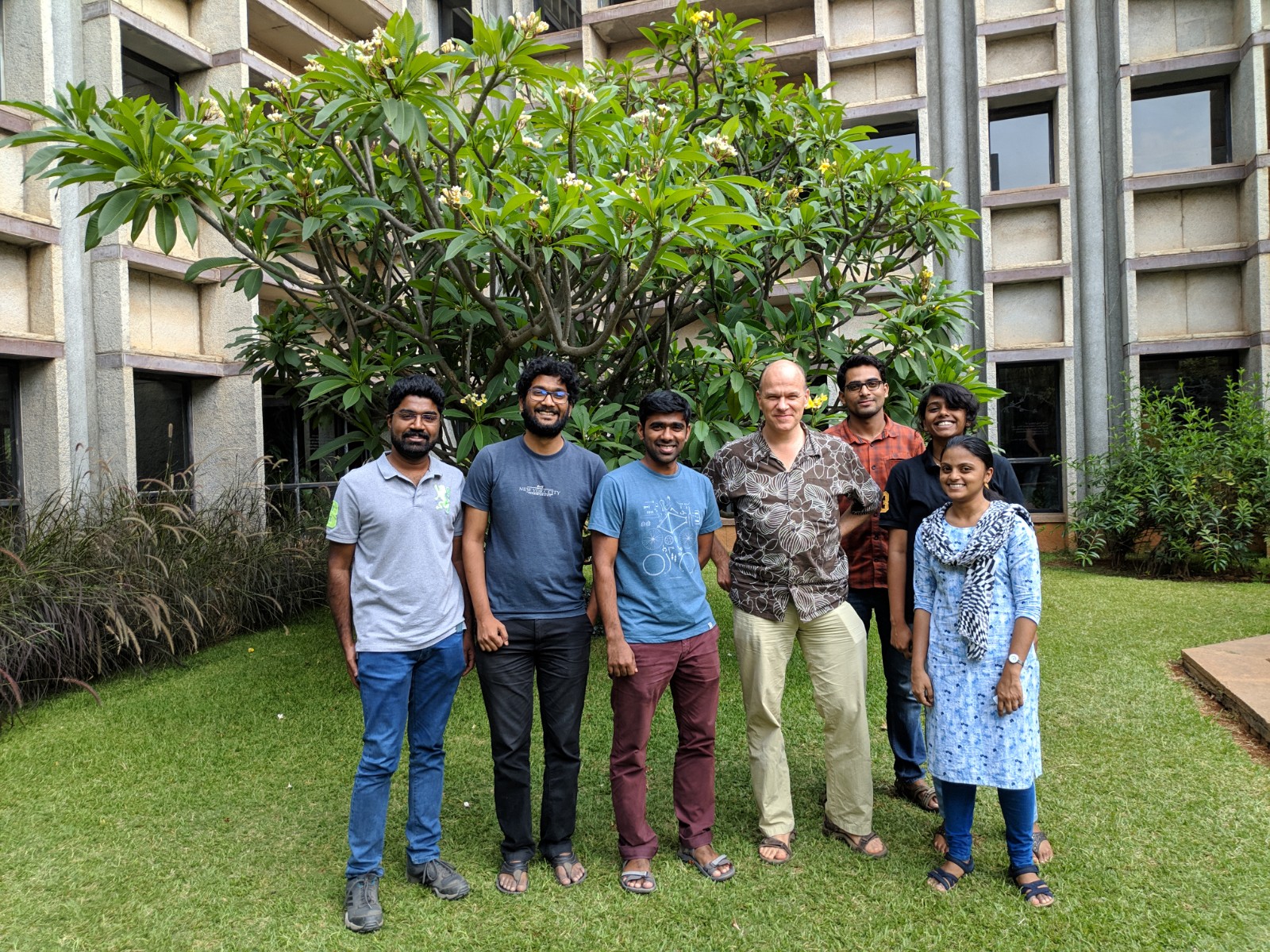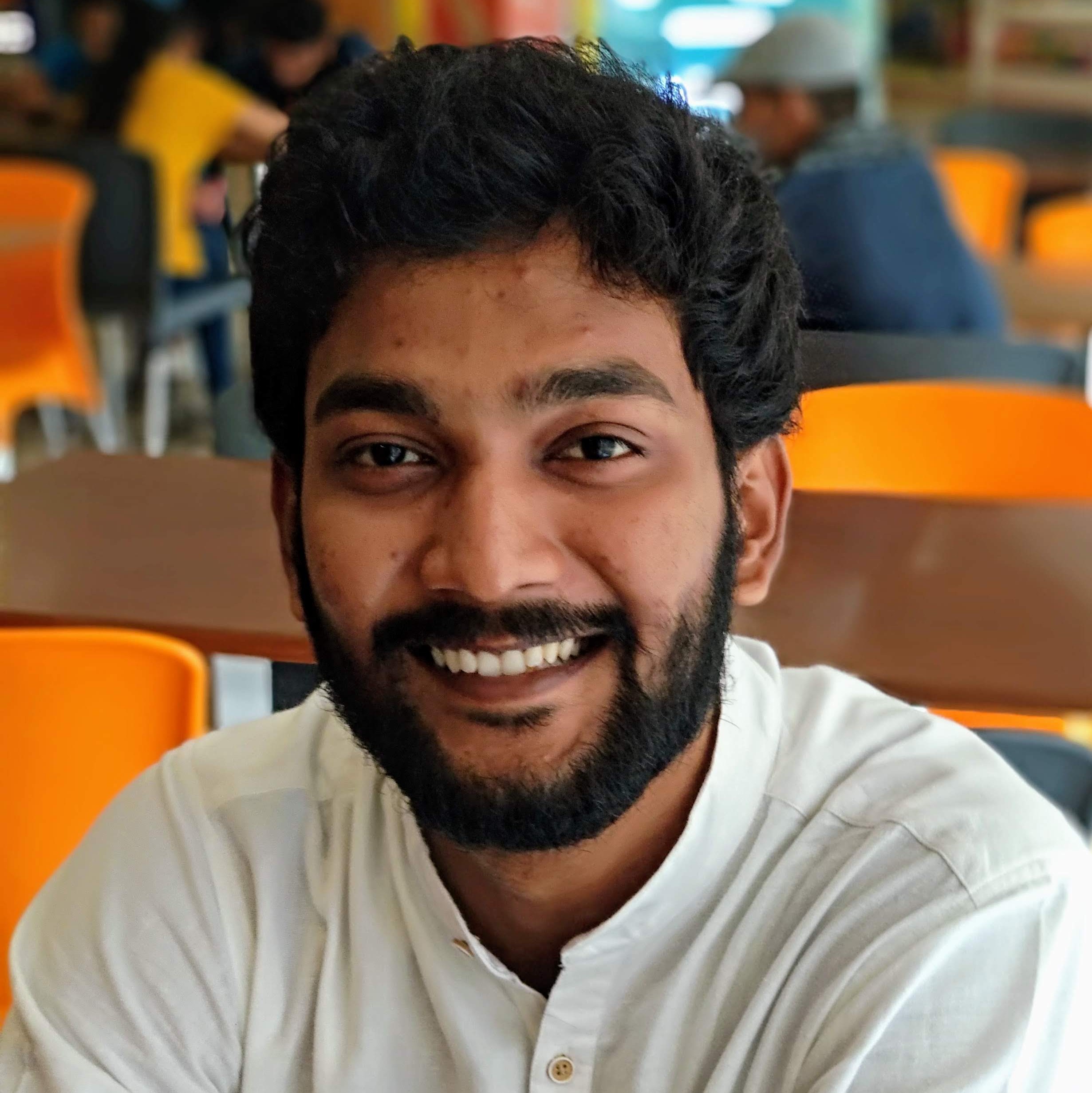About
Hi! I’m Eric. I received my B.Sc. and M.Sc in cell and molecular biology from Dr. Vikram Sarabhai Institute of Cell and Molecular Biology at the Maharaja Sayajirao University of Baroda, Vadodara, India in 2018. After receiving my M.Sc. degree, I was employed in Dr. Sabarinathan Radhakrishnan’s lab at National Centre for Biological Sciences (NCBS) as a graduate trainee. I’m a trained molecular biologist with a background in bioinformatics.
My reading habits
I try to select papers that help me achieve a specific aim. As papers don’t explain everything, I first try to identify common concepts and techniques. I use review articles to study different schools of thought in the field. This helps to put outcomes from different articles into perspective and helps me stay up-to-date on the research. I focus my attention on breakthrough papers for gaining insights into the most recent developments and think of ways to go a step further. I also use Twitter to stay up-to-date on the latest developments.
Recently I have added a webpage Cancer Interest Feed to generate RSS feeds of manuscripts, review articles and news highlights for my research interest topics. I’m using PubMed to generate RSS links and osmofeed as a feed extractor. Here I am channelling extracted articles on my webpage to keep everything in one place for my ease of access and greater control over the content.
Philosophical approach toward science
“If you put effort into things it will work out.” A philosophy my father passed on to me. And it worked well in school as well as college years. This also explains how our Indian education system works as I was able to fit well with this mindset. My education system trained me to incline more towards mindless hard work. It did help me to see one step ahead but made me go through embarrassing suffering to come up with an idea or approach. This philosophy started crumbling during my research experience as a graduate trainee. Dr. Sabarinathan Radhakrishnan constantly encouraged me to come up with ideas and projects. It was intimidating, confusing and exciting to lead my research project. I learned that research is like walking on a bumpy road, with troubleshooting, trial and error at every stage. My excitement and curiosity grew as I started pushing myself to think at a deeper level, and engaged in discussions with my colleagues, lab presentations and poster presentations in conferences.

I learned that deeper understanding comes from deeper knowledge. In simple words the more you read the more you feel confident. But knowledge here is subjective because it comes from both experience and literature. Going through a vast amount of literature can be daunting and distracting if the objectives aren’t clear, and this can potentially affect the project. While coding I have to break down the task and scrupulously focus on one task at a time. I also apply this practice in literature search, problem-solving and other parts of my life. From my experience, this is a reliable way to get a grip over workflow. But I am still a novice who is learning and growing from experiences and can’t stop romanticising things which makes me wonder.
